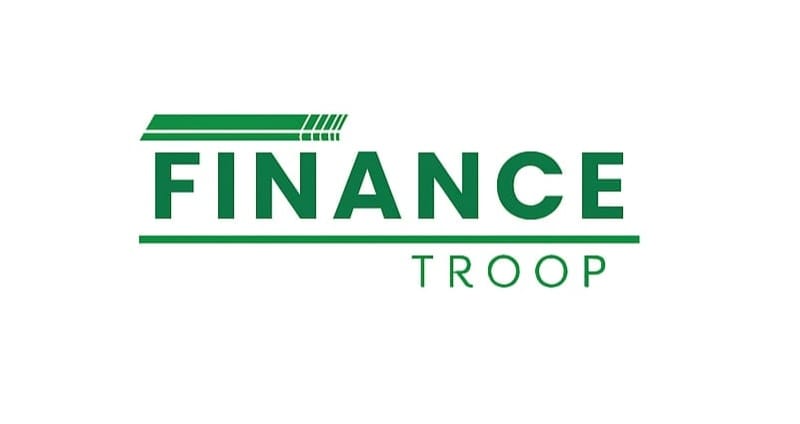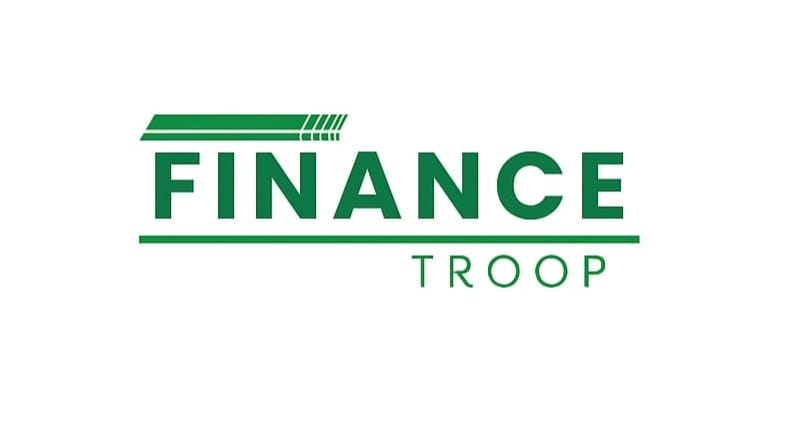Term insurance offers the most affordable way to safeguard your family’s future — but not all plans work the same way.
One key difference?
• Whether your nominee receives a lump sum (one-time payout) or a structured monthly income after your death.
If you prefer a plan that pays the entire life cover at once — this article is for you.
In this 2025 guide, we’ll help you:
What Is a Lump Sum Payout Term Insurance?
In a lump sum payout plan, your nominee will receive:
- The entire sum assured as a one-time payment
- No monthly payouts / staggered payments involved
- Typically paid within 30–90 days of submitting claim documents
Example:
You buy a ₹1 crore plan → In case of unfortunate death, your family receives ₹1 crore in one payment, not split over time.
Lump Sum vs. Monthly Income Option – What’s the Difference?
Feature | Lump Sum Plan | Monthly Income Plan |
Payment style | Entire amount at once | Paid monthly over 10–20 years |
Nominee gets | ₹50L–₹1 Cr+ (instantly) | ₹30,000–₹50,000/month |
Best when | Family can manage funds well | Dependents need steady support |
Tax on payout | Tax-free under Sec 10(10D) | Also tax-free |
Best Term Insurance Plans with Lump Sum Payout in India – 2025
Here are some of the top choices if you want only lump sum payout on death — based on coverage flexibility, premiums, and claim settlement records:
1. LIC Tech Term Plan
- Pure online term plan from LIC
- Lump sum death benefit (no monthly option default)
- Sum assured: ₹50L to ₹2 Cr
- Premium: Approx ₹8,500/year (₹1Cr cover, male, age 30)
• Claim settlement ratio (FY 2023–24): 98.6%
• Policy tenure: Up to 40 years
Max Life Smart Secure Plus
- Option to choose full lump sum payout
- Premium waiver + critical illness rider available
- Digital KYC + express claim feature
Premium: ₹7,000 to ₹9,000/year for ₹1 Cr
CSR: 99.35%
3. HDFC Life Click 2 Protect Super
- Flexible payout options — can lock to lump sum
- Rider for accidental total disability
- Online-only application
- Easy claim settlement process
Premium: ₹7,500–₹10,000 depending on age
CSR: 98.7%
4. Tata AIA Sampoorna Raksha Supreme
- Claim payout choice: Lump sum, income, or combo
- Offers “Return of Premium” optional variant
- Covers till age 100 if needed
Premium: ₹8,000–₹11,000/year
CSR: 98.5%
5. ICICI Pru iProtect Smart
- Fast growing term product with max riders
- Lump sum payout option
- Critical/terminal illness payout available before death
Premium: From ₹7,200/year
CSR: 97.9%
Who Should Choose Lump Sum Payout Term Plan?
♦ If your family knows how to handle a large amount
♦ Already have passive income (rents, FD, etc.)
♦ Want to leave a legacy amount (house purchase, major goals)
♦ Need a one-time amount for medical/hospital loans, etc.
Avoid lump sum-only plans if:
- Your nominee isn’t financially savvy
- They may get overwhelmed with large corpus decisions
- They’d benefit from fixed monthly payout instead
How Much Should Be Your Term Cover? (Quick Rule)
Use the “20x Rule”:
Cover = 20 times your annual income
Example:
Your salary = ₹6 lakh / year
→ Buy term insurance = ₹1.2 Cr cover minimum
Add riders only if:
- you want accidental/illness-based payout triggers
Premium doesn’t increase a lot
Avoid These Common Mistakes While Buying
• Choosing lowest premium blindly (low cover = underinsured)
• Not disclosing family illness history or smoking habits
• Opting for monthly payout thinking it’s safer
• Ignoring spouse as co-applicant
• Not updating nominee details when needed
Tax Benefits of Term Insurance (2025)
Section Benefit
80C Premium paid (up to ₹1.5L/year deduction)
10(10D) Payout received (fully tax-free)
Final Thoughts
A lump sum payout term plan is best when your family:
- Can handle the money wisely
- Wants to repay loans/fund future goals quickly
- Needs immediate and full financial support
Choose a claim-honoring insurer, rethink your life cover needs every 5 years, and update your nominee if life situations change.
Frequently Asked Questions (FAQ)
1. What is the best term insurance with lump sum payout in India 2025?
As of 2025, leading plans offering 100% lump sum payout (with no monthly income) include:
- LIC Tech Term Plan
- HDFC Click 2 Protect Super
- Max Life Smart Secure Plus
These plans allow nominees to receive the entire death benefit in a one-time payout, protecting families from long-term financial uncertainty.
2. What does lump sum payout mean in term insurance?
A lump sum payout in term insurance means the full insured amount is paid at once to the nominee if the policyholder passes away during the policy term. There’s no monthly or staggered installment payment. It gives the family immediate access to funds for debt repayment, education, or living expenses.
3. Which term plan offers 100% lump sum payout without monthly income option in 2025?
In 2025, these term insurance plans offer strictly lump sum only:
- LIC Tech Term (Offline/Online)
- SBI Life Smart Shield
- Bajaj Allianz Smart Protect Goal
Each of these excludes income distribution features and ensures immediate, full payout to nominees upon claim settlement.
4. Is lump sum payout tax-free in India 2025?
Yes. Lump sum payout under term insurance is completely tax-free under Section 10(10D) of the Income Tax Act, provided the annual premium does not exceed 10% of the sum assured, and the policy is compliant with IRDAI regulations.
5. Is lump sum payout better than monthly income in term insurance?
Yes, if your family needs immediate access to funds post your demise, a lump sum payout is better. It helps in paying off:
- Home or car loans
- Children’s tuition fees
- Major medical or household expenses
However, if managing large sums is challenging, a monthly payout might suit conservative beneficiaries better.
6. What is the premium difference between lump sum and monthly payout term plans?
Term insurance plans with lump sum payout typically charge lower premiums than hybrid plans (lump sum + income). For example, ₹1 Cr cover with lump sum benefit for a 30-year-old male might cost:
- ₹9,800 annually (lump sum only)
- ₹12,500+ annually (lump sum + monthly)
7. Can I switch from monthly income to lump sum payout in the future?
Yes, many term insurance plans in 2025 offer customizable payout options. However, the payout mode must be selected at the time of purchase, and changing it later may require policy alteration or cancellation and repurchase. Always clarify with customer care to avoid administrative delays.
8. How fast is the claim settled in lump sum term insurance plans?
Most top insurers like HDFC Life, Max Life, Tata AIA, and LIC promise to settle claims within 7–15 days of receiving all valid documents. New IRDAI guidelines encourage claim deadlines of within 30 days across the industry in 2025. Some also offer 24–48 hours quick settlement on eligible plans.
9. What riders can I add to a lump sum-only term plan?
You can add these riders for enhanced protection:
- Accidental Death Benefit Rider
- Critical Illness Rider
- Premium Waiver on Disability
- Terminal Illness Rider
These riders can all work alongside lump sum payout and increase the total claimable amount.
10. Can NRIs buy lump sum term insurance plans in India in 2025?
Yes, Non-Resident Indians (NRIs) can buy term insurance plans in India with lump sum payouts. Many insurers like HDFC Life, Max Life, and ICICI Prudential allow NRI applications with online onboarding, remote medicals, and India-based payout options for dependents.
Click here to more information: Minimum CIBIL Score for Loan Approval in India (2025) – Bank-Wise Breakdown & Tips to Improve




